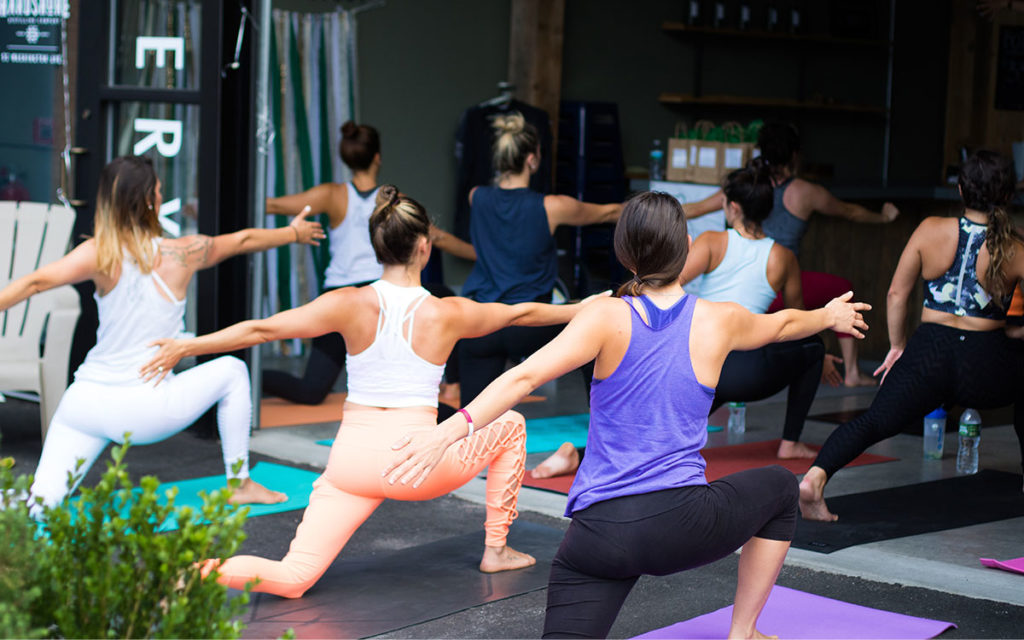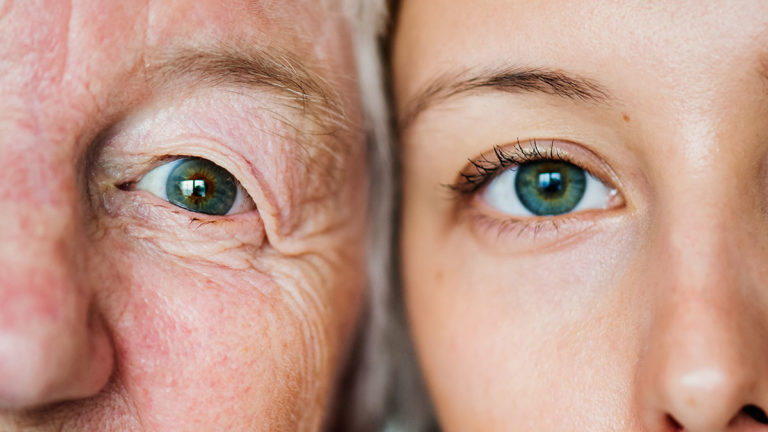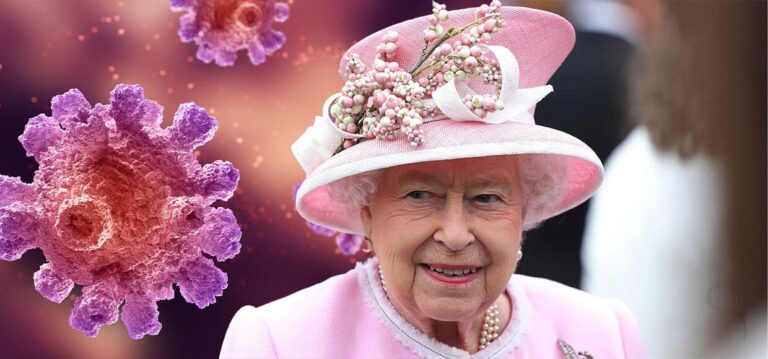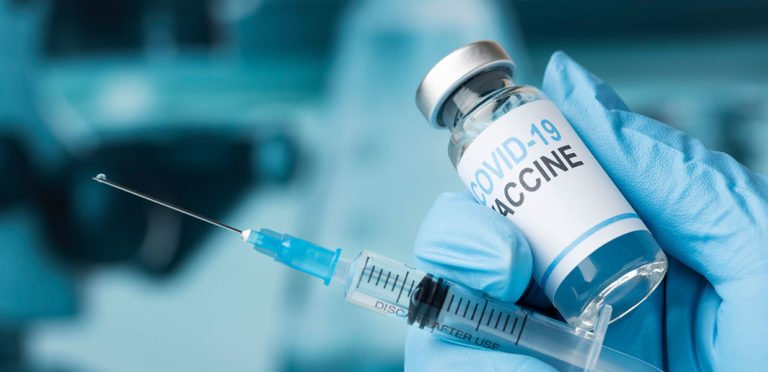Troy Jackson, who was in his 40s at the time, became homeless, got into fights, and had numerous run-ins with the cops due to his drug and alcohol addiction. Jackson was dismissed from many jobs while using. He used to come to work inebriated at one job, as a bouncer in Philadelphia, where he now resides, and he even had the plot to attack a client.
“It was the threat of killing someone that pushed me over the edge,” Jackson says. “My work brought me home, and that night I went seeking for that person to hurt him.” And, thankfully, I was unable to locate him. Because of the narcotics and booze, my mind couldn’t think clearly.” Jackson, now 58 and 16 years sober, was able to overcome his addiction and stay clean with therapy, support groups, and yoga after several unsuccessful efforts. In reality, it turned out to be the recovery way for him.
A Disease to Which Everyone Is Vulnerable
Addiction is a disorder defined by the continuing, compulsive use of a drug or activity despite harm to oneself or others, according to Dr. Anna Lembke, professor of psychiatry at Stanford University School of Medicine and chief of the Stanford Addiction Medicine Dual Diagnosis Clinic. Lembke emphasizes in her new book “Dopamine Nation” that addiction affects everyone since it is woven into the fabric of our modern civilization.
Everything is designed to be addictive, including our food, phones, television, sexual activity, shopping, social media presence, and the chemicals we take, such as alcohol. “It’s truly endemic in our culture and society,” adds Lembke. “With the internet, the situation is simply becoming worse.” Addiction is a part of modern life.”

Exercise elicits a long-lasting dopamine response.
To keep sober, Jackson did a highly muscular, heated, power yoga. It gave him a new way to feel good, and it was a higher-quality high than drugs or booze could deliver. “It provided me a set of rules to follow,” Jackson adds. “I saw a significant difference in my physique and began to heal.” It was not just exciting, but there was also an element of selflessness that I can share. There are a variety of additional methods to get high.
There are other ways to enjoy life, which I discovered on my mat.” According to Lembke, there is a lot of evidence that exercise can help people avoid becoming addicted. It’s also beneficial as a withdrawal therapy and a strategy to sustain recovery. Because you have to work for it, the delayed gratification component of exercise generates a more robust dopamine release in the brain.
Purposeful Engagement Aids in the Recovery from Addiction
Yoga’s physical and mental demands were transforming and important in Jackson’s recovery. He wanted to become a yoga instructor so that he could share his passion for the practice with others. “Every time I got on the mat, it was a new experience, a new challenge, and there was joy,” Jackson adds. “Then there’s the sense of fulfillment that comes from teaching yoga and bringing joy to others.”
That fired up my brain, made me joyful, and I discovered that community. Without drugs or alcohol, I discovered it in a different manner.” The method of combating addiction by willingly taking on beneficial stress, according to Lembke, is known as hormesis. It modifies our brain chemistry to manage stress more easily and feel more joy after accomplishing difficult and worthwhile things like exercise.
Also if you need tricks about exercising with household items, we have some for you.
Recovery is aided through honesty, faith, service, and community.
According to Lembke, revealing the truth fosters greater closeness with others and makes us more accountable. It also fosters a plenty perspective rather than a scarcity mindset since we can count on the world to be a predictable and orderly place where we may postpone satisfaction. Addiction may be fought by believing in something bigger than ourselves and having a supportive group that is both empathic and efficient in delivering concrete measures to get and remain clean.
Medication and hospitalization are required in extreme situations. Jackson earned a master’s degree in social work and is now a certified social worker. He is presently employed as a professional psychotherapist as well as a yoga instructor. He prays frequently and is appreciative for the minor blessings in his daily life, something he lacked when battling addiction.




